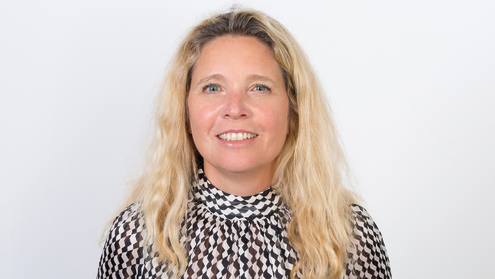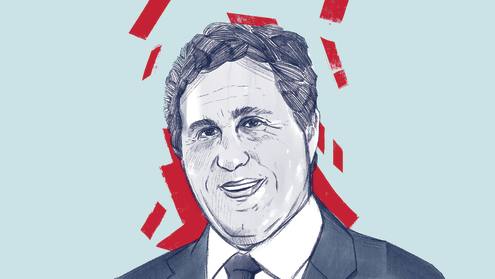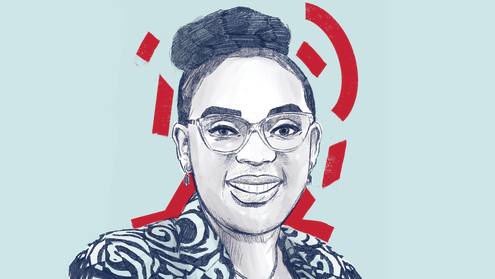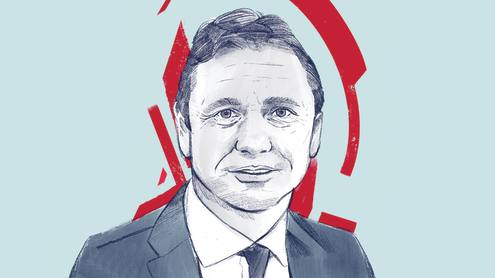Q: Having recently come to power, what do you see as your immediate economic priorities?
A: The first thing is to get the economic growth engine of the country going. That means ensuring that our firms are able to do business in an environment that is efficient, where they can get access to financing, where the regulatory framework supports business, where corruption is minimised, where there is public safety and indeed safety of property, where the court systems work to resolve disputes that are brought before them, to protect property rights, especially intellectual property, and to adjudicate contracts and conflicts when they are brought before them.
So those would be our immediate priorities: to make sure that the regulatory aspect of the economy is working correctly. The second pillar of the strategy is to grow markets. That entails aligning foreign policy with our economic priorities. So we would start with the Caribbean Community [Caricom], ensuring that we exploit the markets that are available in Caricom, and ensure that the common market is working freely and fairly for all its members.
Then we need to be building strategic alliances with other markets that aren’t our traditional areas or spheres of influence, such as the Dominican Republic. Cuba is inevitably going to be a player in this region. Jamaica must put itself in a position to either take advantage of investment opportunities that will emerge in Cuba, be a gateway into Cuba, or benefit from a spillover from Cuba. Perhaps it will be joint marketing to ensure that if the tourists come to Cuba they know that they have the option to come to Jamaica as well. To make sure that Jamaica is in a position to benefit from the opening up of Cuba, whether it is in five years, 10 years or 15 years, that has to start now.
Another part of our economic priority is to complete the building of our infrastructure, because infrastructure really determines the capacity that you have and the boundaries within which you grow. And efficiency: how fast you can utilise your resources.
Q: What challenges do you see on the horizon that could jeopardise either the economy or some of these plans?
A: It’s the exogenous threats, things you have no control over: natural disasters, and our ability to recover from those. We’re in the hurricane belt, so that is always a challenge. Beyond that, [it is] issues to do with climate change. More governments need to be aware of those: changing weather patterns, phenomenal weather events that have such an impact on your agriculture, such as drought. For two years we had a major drought that affected our agriculture, our growth. A few years ago we had an epidemic of [mosquito-borne disease] Chikungunya, and that had an impact on our growth and on man-hours worked. So those are the threats we have to watch.
Q: What’s your outlook for the economy for the rest of 2016? What are you anticipating in terms of growth?
A: It is very difficult to accurately predict growth figures. For many years growth has been predicted, but we’ve not met the target.
I will say that we are laying the groundwork for the acceleration of economic growth by creating the atmosphere of prosperity. People [take] a positive view and in turn they make positive investment decisions instead of taking a hedge. They say “OK, I am going to invest in a house,” and they take the long-term view rather than a short-term view. So we have to create an atmosphere of prosperity where people believe that the future will be good so they take the long-term investment decision, and we have done that by creating an atmosphere that we are going for prosperity and that the growth of economic development and job creation is a possibility.
That’s number one. Number two is to get all the investment projects that already exist into the implementation phase. The government has also put in place a reform of the tax system which will relieve many low- to middle-income earners of income tax and we hope that that will give a kind of stimulus to the economy.
Q: How can you balance that with the need for the fiscal discipline and the debt reduction?
A: It’s a comprehensive reform of the tax system so it will take some time to rebalance it, and it does add a certain level of progressiveness.
Andrew Holness is the prime minister of Jamaica.











